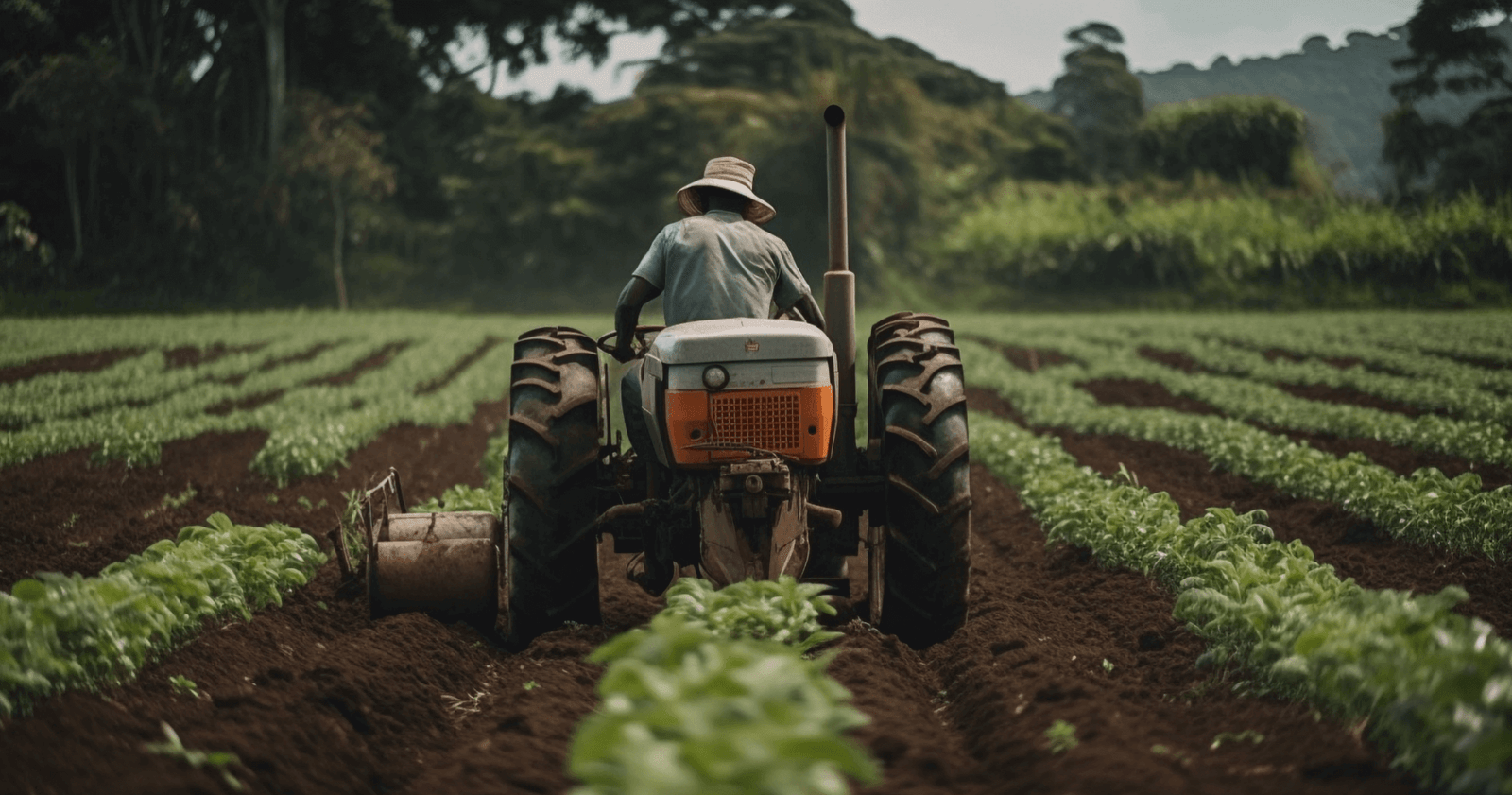
Get farm Management Advice on a Variety of Topics
🌾 1. crop planning and management
Soil test: Analyze soil nutrients and pH before planting.
Crop rotation: prevents soil exhaustion and pest accumulation.
Management of pests and diseases: Use integrated pest management (IPM) to reduce the use of chemicals. Irrigation planning: Optimize the use of water through drip systems or sprinklers.
🐄 2. Livestock Management
Animal nutrition: Provide balanced diets with appropriate supplements.
Health and veterinary care: vaccination schedules, parasite control and disease monitoring.
Reproduction programs: improve productivity genetics and disease resistance.
Housing and well -being: clean, ventilated and spacious housing improves the health of animals.
📊 3. Financial planning and record maintenance
Budget: Prognosis of income and expenses per season/year.
Cost monitoring: record all tickets and labor to calculate profitability.
Subsidies and subsidies: Stay updated on government assistance programs or NGOs.
Insurance: Protect crop loss/cattle or equipment failure.
🚜 4. Machinery and equipment
MAINTENANCE SCHEDULE: Reduce the inactivity time and extend the useful life of the equipment.
Investment decisions: buy in front of lease based on use and ROI.
Technological integration: Use GPS, sensors or drones for precision agriculture.
🌱 5. Sustainable Agriculture Practices
Conservation tabrillo: reduces soil erosion and retains moisture.
Coverage culture: improves fertility and soil structure.
Agroforestry: Combine trees with crops/cattle for ecological and economic benefits.
Organic certification: Consider whether it addresses the conscious health markets.
📦 6. Marketing and sales
Market research: Identify the most profitable crops/cattle for your region.
Direct sales: farmers, CSA or online platforms.
Value Adionion: Process produces RAW (for example, jam, cheese) to increase income.
Branding: Generate confidence with consistent messages of quality and sustainability.
🌍 7. Climate and Risk Management
Climate monitoring: Use local applications and forecasts to plan activities.
Diversification: Disseminate the risk in crops and cattle.
Emergency planning: Have contingency plans for floods, droughts or market accidents




